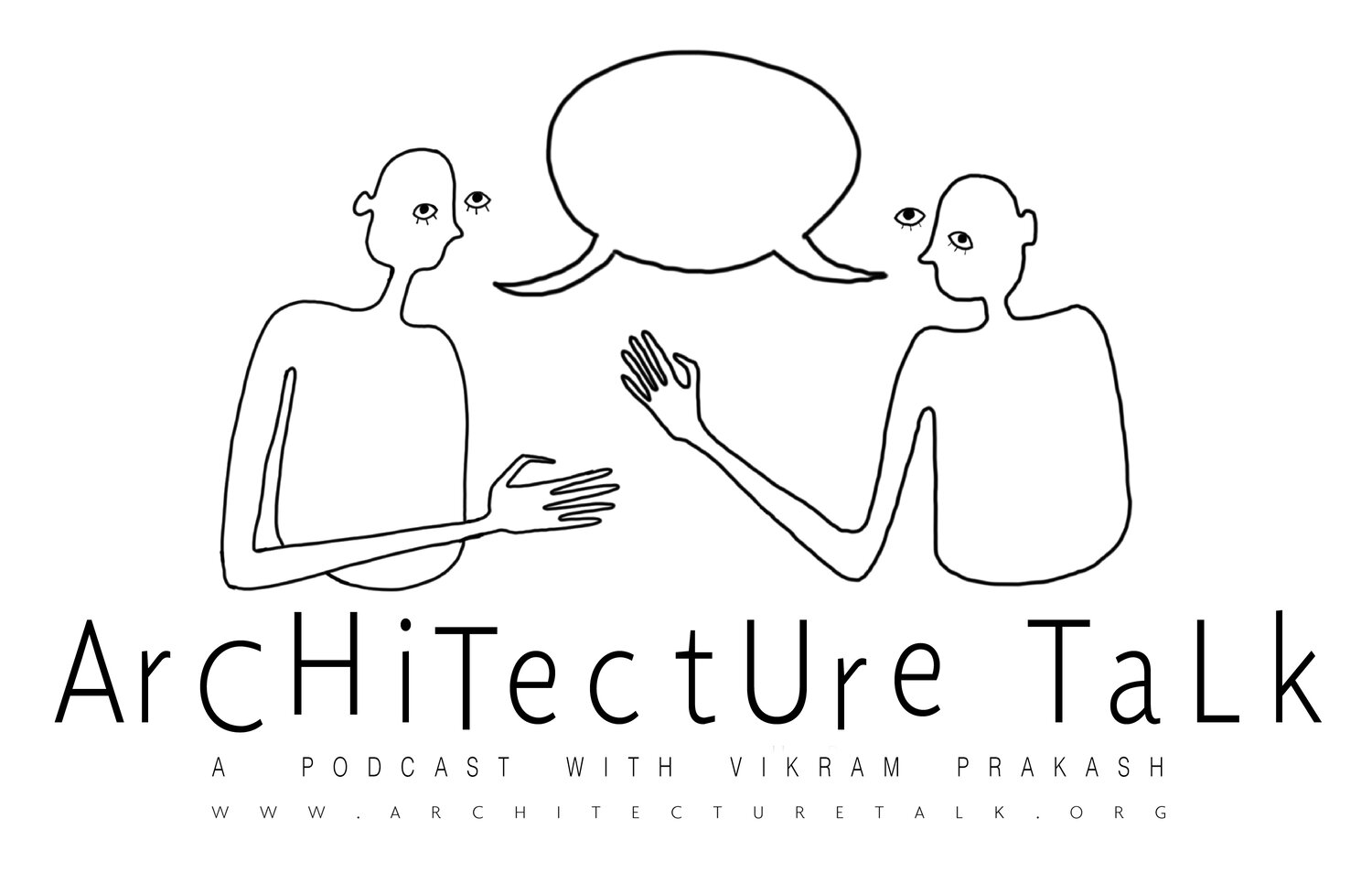76. AITC: The Choreography of the Urban with AbdouMaliq Simone
“we move forward into the unknown, together”
Original Drawing by Tori Haynes
“[…] all of these gestures and maneuvers which are both assertions and invitations, trial balloons, pilot projects…that somehow the notion of the [jazz] ensemble that improvises, provides some sort of model or modus operandi for thinking through […] urban operations”
-AbdouMaliq Simone
This week we continue our ongoing miniseries Architecture in the Time of Coronavirus with urban theorist AbdouMaliq Simone where we discuss his work on inter-relational subjectivities in the creation of new urban conditions, his personal response and experience with the Corona virus, and his response to the protests around Black Lives Matter.
Timestamp Outline
1:00 Vikram introduces AbdouMaliq Simone and his alt-episteme on life in the city, focusing on the urban majorities in the Global South.
1:51 He tries to discover the “insipient formations of new cities and urban regions in the intricate relational meshes of how things get done; cities and regions that are more inclusive and which maximize the resourcefulness of their inhabitants; that suggest new ways for institutions to concretely connect with their constituents and for practices of residents to inform the operations of these very institutions.” AMS
3:20 beginning with the personal, Vikram asks how AdbouMaliq Simone is coping with the strangeness of the present.
8:30 “The shape of urbanization within majority communities has been responsive to a sense of volatility.” AMS
9:15 “The Western middle classes tend to live with a kind of individuated kind of vulnerability...whereas urban communities in the south are more attentive to their positionality within a larger scheme of things and try to calibrate and position themselves accordingly to something that they really assume they can’t take for granted, something that wont be stable over the long run.” AMS
14:25 The Right to the City, was a philosophy of urbanism first proposed by Henri Lefebvre in the 1960s. In his texts, Lefebvre discusses the effects of capitalism on city populations - namely that under the effects of capitalism, we see the commodification of social life and the rise of spatial inequalities. This text is a call to action to reclaim the space of the city as a space for building collective life.
16:00 beginning of discussion about the ongoing Black Lives Matter Protests
16:40 Angela Davis on the #BLM protests: “this is what she might call an unprecedented moment of insurrection and opportunity to reconfigure the many aspects of the apparatus of racialization that characterize so much of the American ethos.” AMS
19:45 Hortense Spiller: “its not the job of black people to save black people.” - paraphrased by AMS
20:00 Global Blackness: “So, blackness carries a lot of baggage. Perhaps it carries too much for the notion to have any more inventive use. At the same time, whenever blackness is imagined, seen or talked about, it appears self-explanatory and tends to close down rather than open up new horizons of consideration. Black people have struggled in cities for a long time. For blackness has made many instances of urbanization possible and is also a result of certain urbanizations.” AMS
24:30 Black Power movement of the 60s and 70s
30:25 Institutional Racism or systemic racism
32:00 “Why are these areas under a great deal of pressure...these particular districts are successful because they are manifestations of a particular kind of convergence of structural and local political issues which are less operative now than they were before...for example, given their location, there might be issues regarding property affordability, property taxation, balancing between the demand for affordable commercial and residential space...sometimes the balance is tipped towards commercialization making residence more difficult…” AMS
33:30 There are sensitive tipping points in the configuration of these places that make them somehow vulnerable to when, for example, the knids of employment that sustain people living there moves further into peripheral locations requiring loong commutes, land pressure of gentrification...” AMS
34:30 How do you live a modern middle class life? There is an emphasis on individuality







